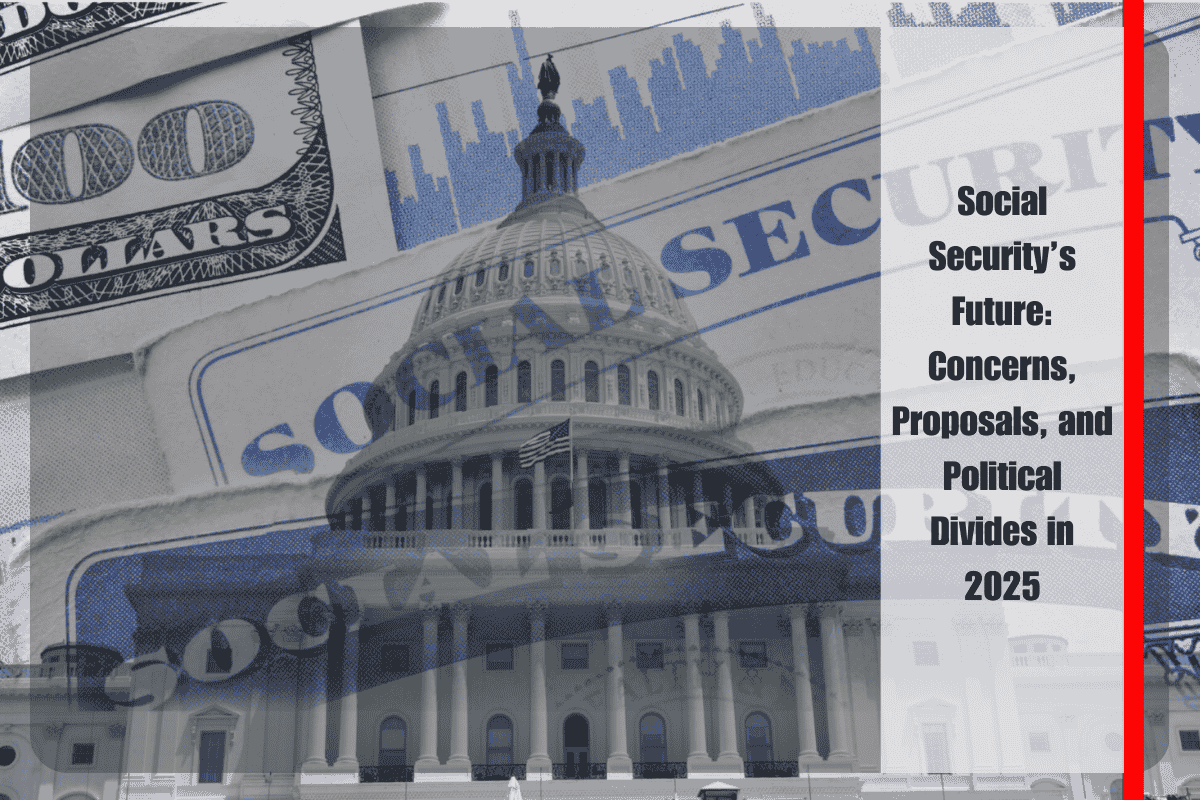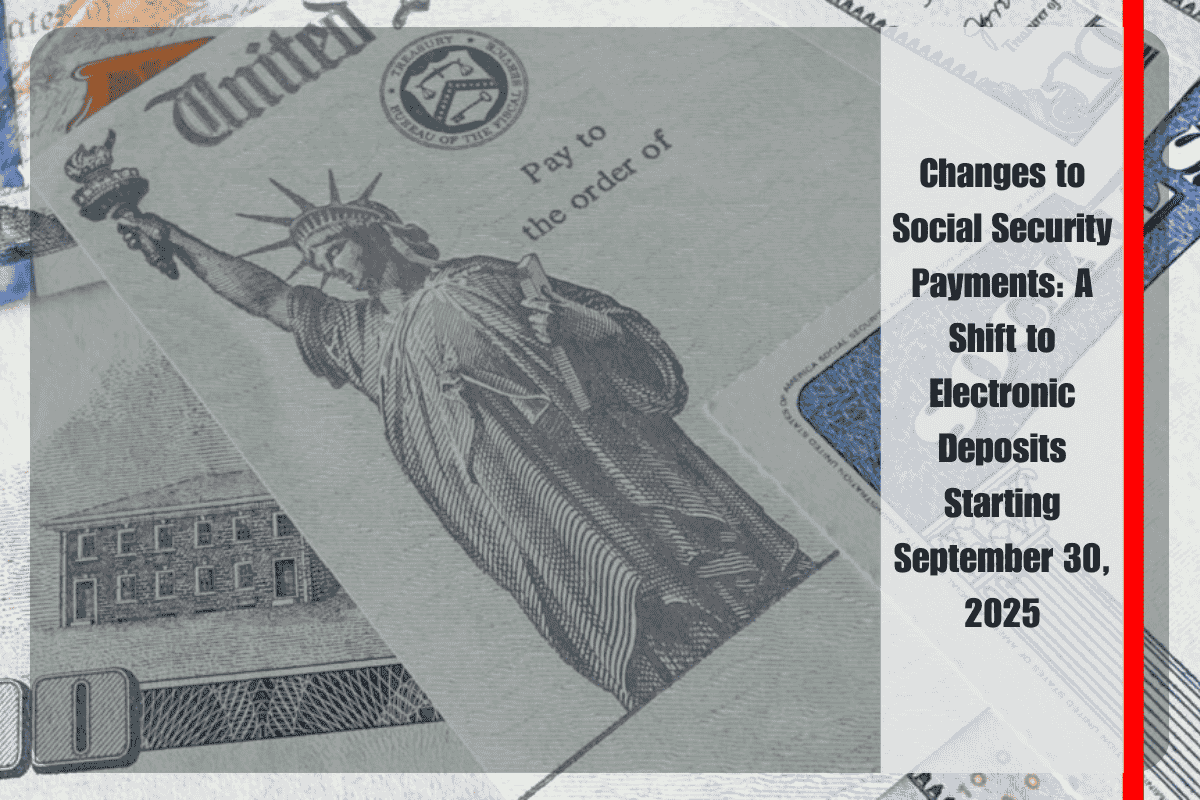The Social Security Equity Act is making waves in the public discussion, sparking debates about how it will affect individual finances and the overall Social Security system. This bill is proposing changes that could impact workers who have faced reduced benefits, especially public servants. It’s important to understand how this legislation might affect your wallet. Let’s explore the details of the proposed changes and their potential impact.
What is the Social Security Equity Act?
The Social Security Equity Act is a proposed bill aimed at eliminating two provisions that have reduced benefits for certain workers. These provisions are:
- Windfall Elimination Provision (WEP): This reduces Social Security benefits for individuals who receive pensions from jobs that aren’t covered by Social Security, such as public sector jobs.
- Government Pension Offset (GPO): This reduces Social Security spousal or survivor benefits for individuals who have government pensions.
These provisions were introduced in the 1980s to balance Social Security payments with pensions from non-covered employment. However, they have disproportionately affected public sector workers, such as teachers, police officers, and firefighters. The Equity Act proposes repealing both provisions, which would restore full benefits for approximately 2.8 million individuals.
Why Does the Social Security Equity Act Matter?
The Social Security Equity Act is crucial because it targets public sector employees who have worked hard for their communities but see their Social Security benefits significantly reduced. For example, a retired teacher with a public pension might see their Social Security benefits cut by up to $500 per month due to WEP. A surviving spouse of a government worker could lose most, or all, of their survivor benefits under GPO.
If the Social Security Equity Act becomes law, it could mean thousands of dollars in additional annual income for those affected, offering financial relief to many retirees.
How Could the Social Security Equity Act Impact Your Finances?
If the Equity Act is passed, affected retirees could see a noticeable increase in their Social Security payments. For instance, a retired teacher receiving $1,000 in pension but reduced Social Security benefits of $600 under WEP could see their Social Security payment increase to $1,000 per month. Similarly, a widow with a public pension of $2,000 who previously lost $1,500 in Social Security survivor benefits under GPO could have those benefits restored.
While these changes would provide financial relief for individuals, there are concerns about the long-term impact on the Social Security Trust Fund. According to the Congressional Budget Office (CBO), repealing WEP and GPO could add $195 billion to federal deficits over the next 10 years. This could accelerate the Trust Fund’s insolvency by six months, raising concerns about the long-term sustainability of Social Security.
Practical Advice: Preparing for the Social Security Equity Act
If you are affected by the Social Security Equity Act, it’s important to prepare for potential changes in your benefits. Start by reviewing your Social Security Statement by logging into your account at SSA.gov. This will help you see if WEP or GPO impacts you. You can also use tools like the Social Security Benefit Calculator to estimate your current and potential benefits under the proposed changes.
If the Act passes, consider consulting a financial advisor to estimate how your benefits might change. It’s also a good idea to diversify your retirement income. While the Equity Act could boost your Social Security benefits, relying solely on Social Security isn’t enough. Building personal savings, maximizing contributions to pensions and 401(k) plans, and opening an Individual Retirement Account (IRA) could provide more financial security.
Pros and Cons of the Social Security Equity Act
There are both advantages and disadvantages to the Social Security Equity Act. On the positive side, the Act could provide financial relief for public servants, allowing them to see higher monthly benefits. This would improve their quality of life and stimulate local economies, as retirees with more income tend to spend more.
However, the Act also has its downsides. The financial cost of repealing WEP and GPO could add billions to the federal deficit, which might strain other government programs. Additionally, the sustainability of Social Security could be affected, as accelerating insolvency could lead to future benefit reductions or tax increases. Furthermore, while public sector workers stand to gain, private sector workers may not see any direct benefits from this policy change.
The Social Security Equity Act has the potential to significantly impact millions of public sector workers, providing them with much-needed financial relief. However, the broader effects on Social Security’s solvency and future sustainability require careful consideration. It is important for beneficiaries to stay informed and plan for changes that may come with this significant reform.












